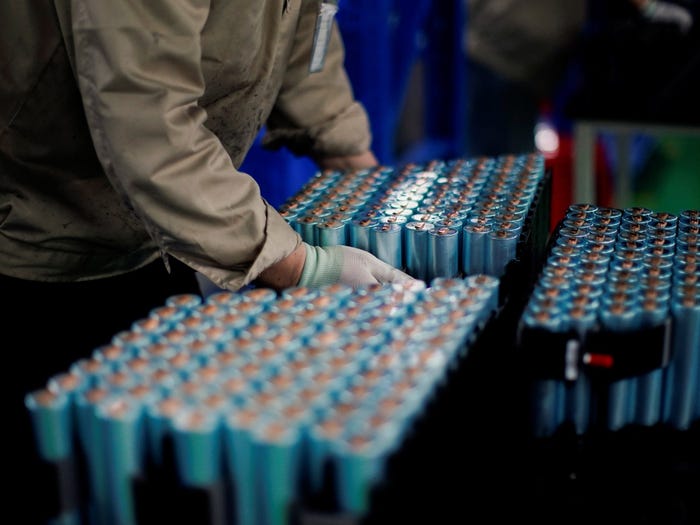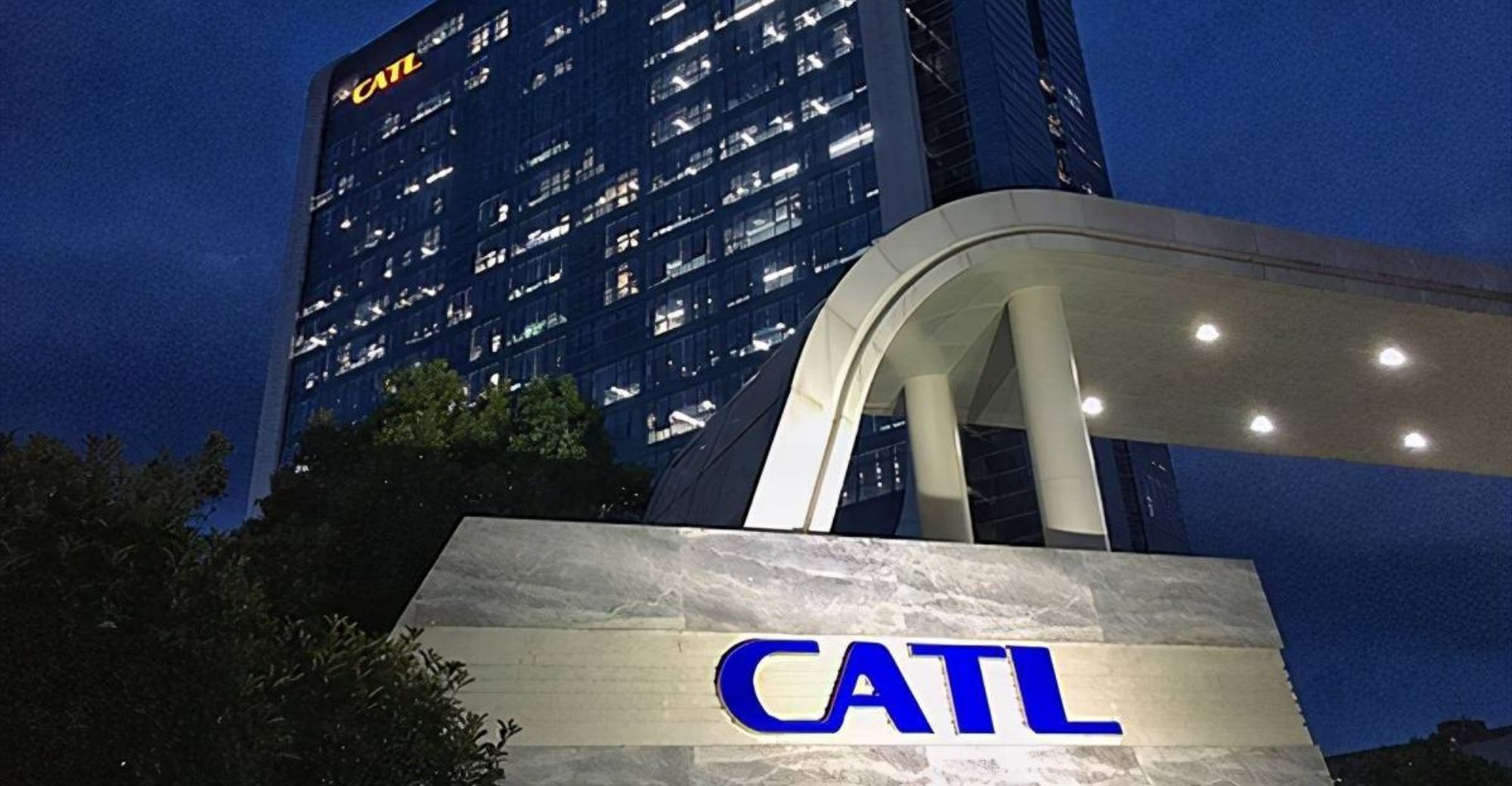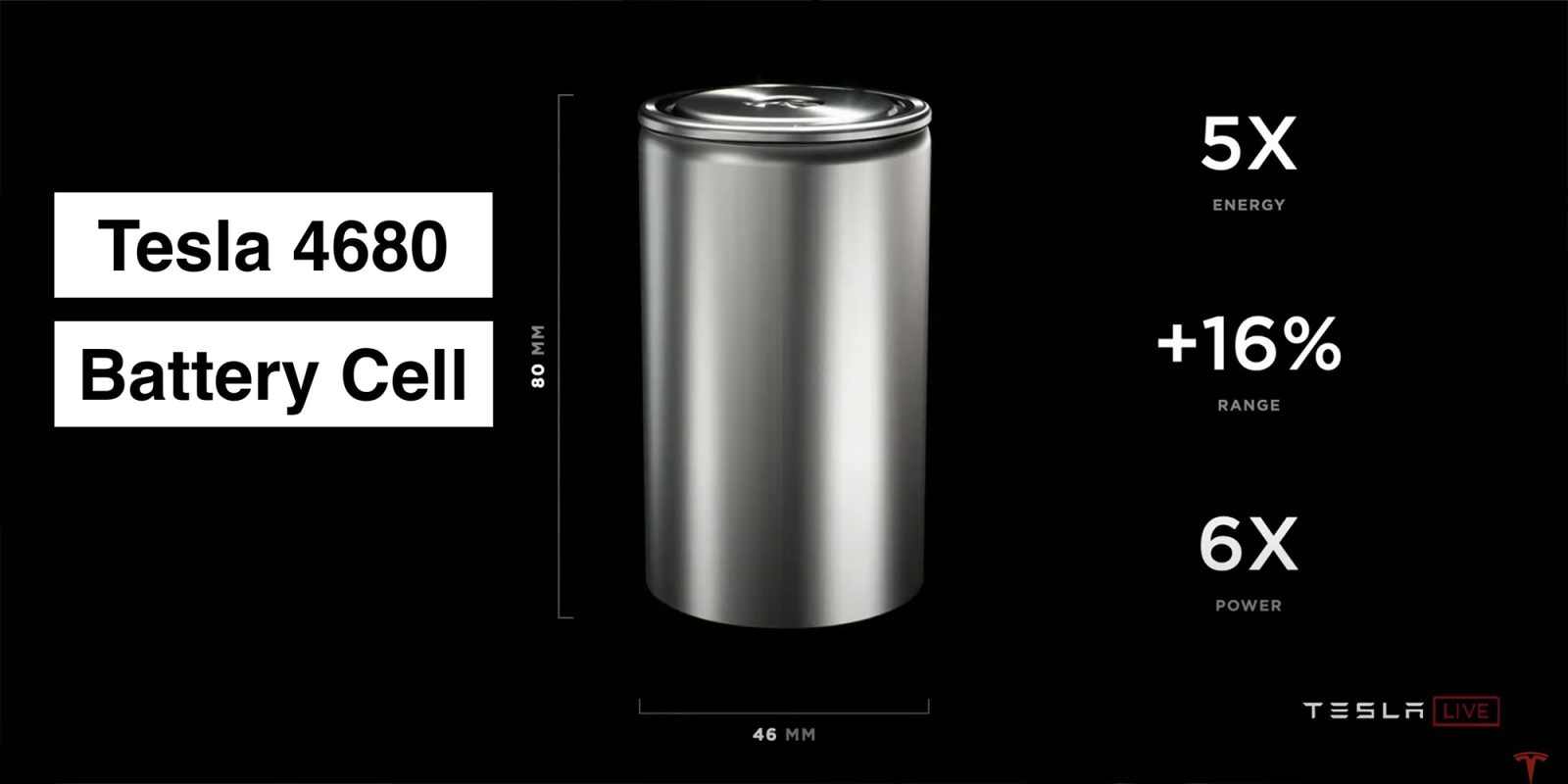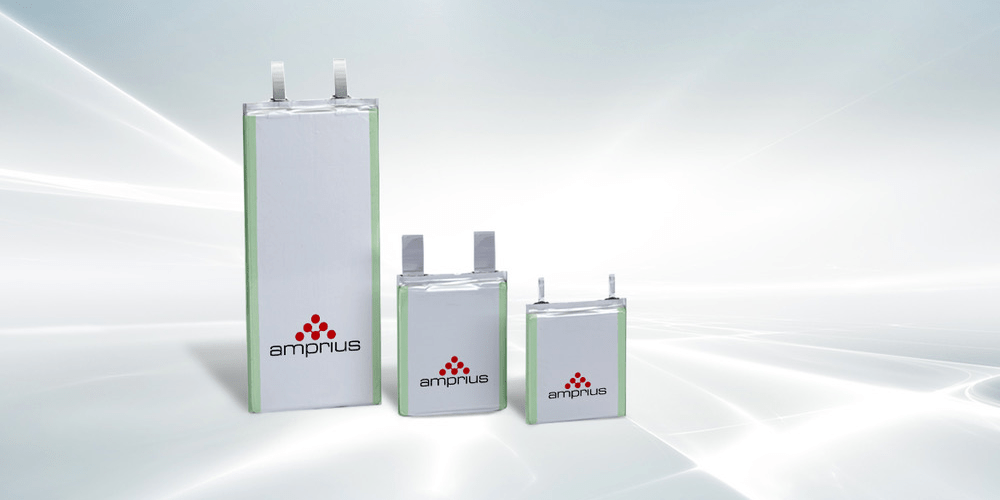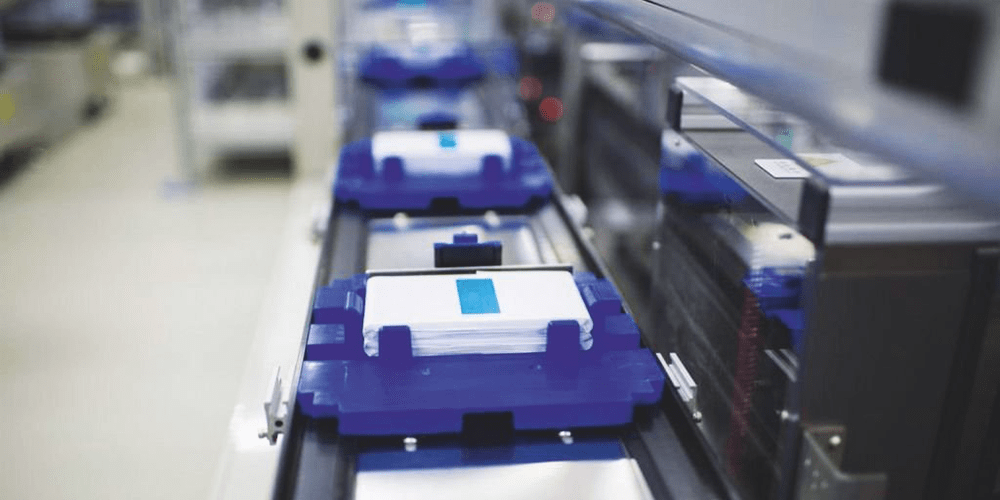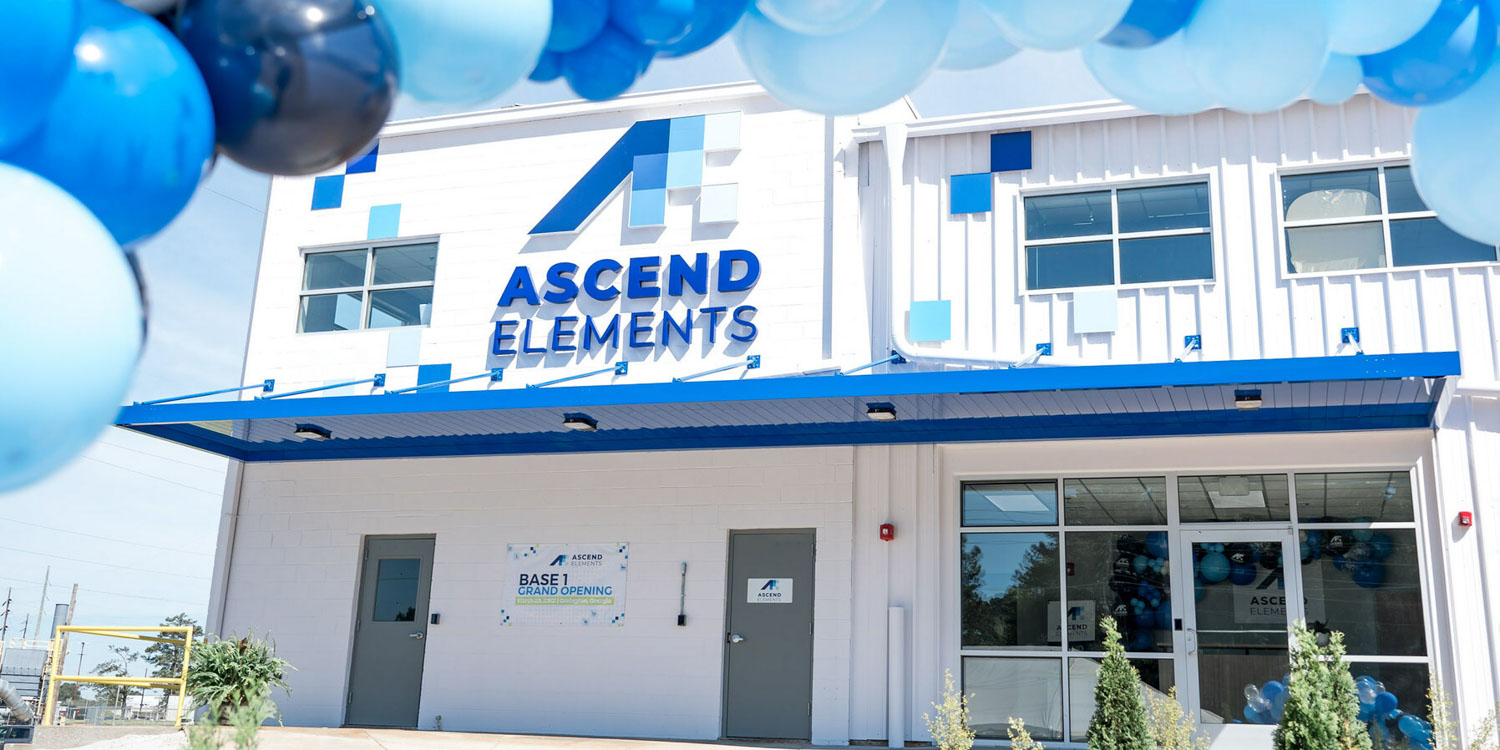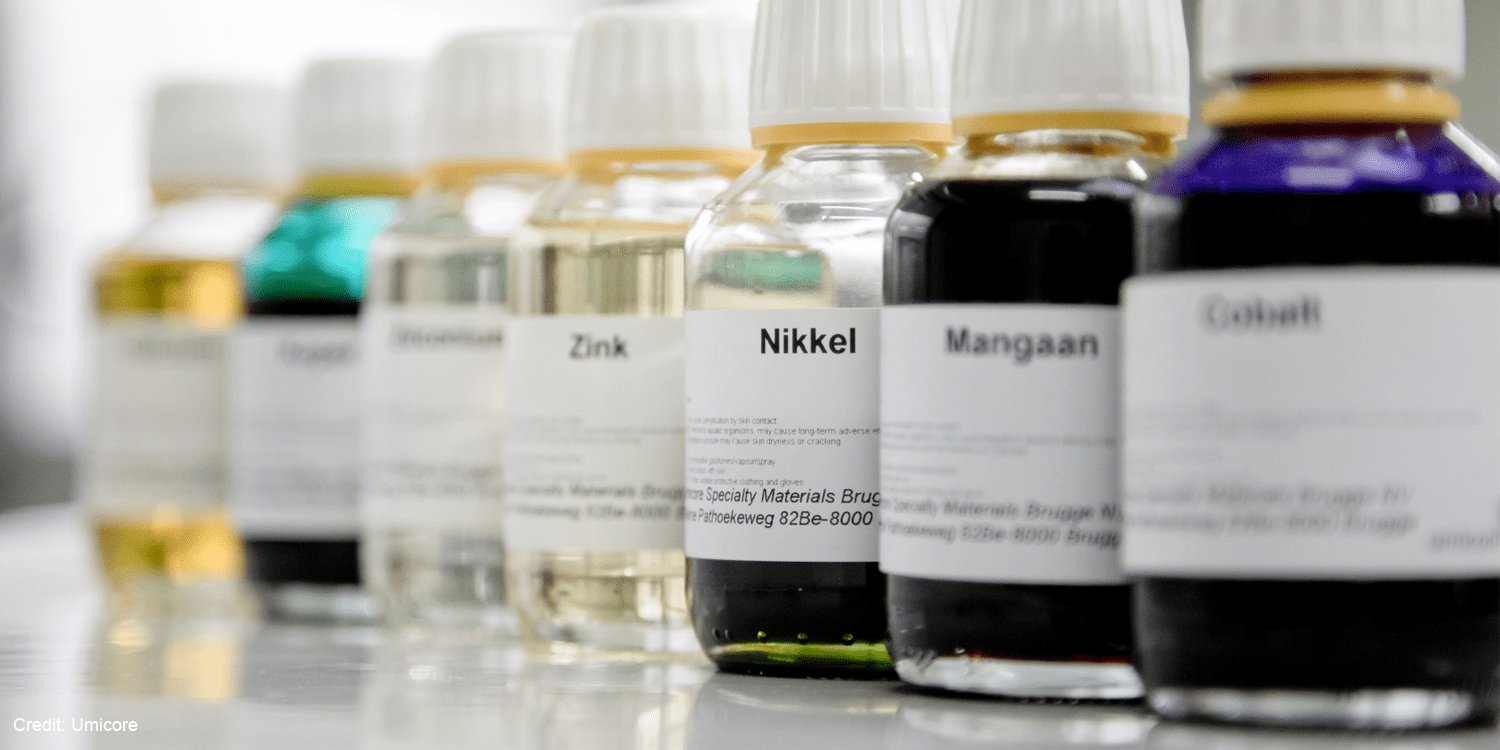The United States government is set to implement new rules aimed at promoting domestic manufacturing and sourcing of critical minerals used in the production of electric vehicle (EV) batteries. Effective April 18th, EVs sold in the country must have 50% of the value of their batteries assembled in North America and 40% of the minerals contained therein sourced from a friendly country in order to qualify for a $7,500 tax credit.
The Inflation Reduction Act (IRA) provides tax breaks on clean vehicles, with the federal government offering up to $7,500 in tax credits to consumers purchasing a new EV with an MSRP of $55,000 or less, or an electric SUV with an MSRP of $80,000 or less.
| Battery Component Sourcing Guide | |
| Year | Percentage To Qualify |
| 2023 | 50% |
| 2024 and 2025 | 60% |
| 2026 | 70% |
| 2027 | 80% |
| 2028 | 90% |
| 2029 | 100% |
The rules come amid growing concerns over supply chain security and the need to reduce dependence on foreign sources of critical minerals used in EV batteries. By requiring that a percentage of critical minerals like lithium, nickel, and cobalt be sourced from the United States or a country with which it has a free trade agreement, the new regulations seek to boost domestic production and reduce reliance on potentially unstable or unfriendly foreign suppliers. Alternatively, the minerals can come from a recycling plant in North America, further incentivizing the development of a circular economy for EV batteries.
The Treasury Department and the Internal Revenue Service have identified the specific battery component and mineral sourcing requirements that vehicles must meet in order to qualify for the tax credit. To meet the battery component requirements, a given percentage of the battery’s value must be manufactured in North America. Meanwhile, the critical mineral sourcing requirements mandate that a given percentage of critical minerals contained within the batteries be sourced from the United States or a friendly country.
| Critical Mineral Requirement | |
| Year | Percentage to Qualify |
| 2023 | 40% |
| 2024 | 50% |
| 2025 | 60% |
| 2026 | 70% |
| 2027 | 80% |
The Treasury Department has identified 20 countries that meet the friendly country requirement, including Australia, Bahrain, Canada, Chile, Colombia, Costa Rica, Dominican Republic, El Salvador, Guatemala, Honduras, Israel, Japan, Jordan, Korea, Mexico, Morocco, Nicaragua, Oman, Panama, Peru, and Singapore. To qualify, these countries have reduced or eliminated trade barriers on a preferential basis, committed to refrain from imposing new barriers, and eliminated restrictions on exports to the United States.
The new rules will be filed for public inspection on April 17 and published on the following day. They will apply to all vehicles registered after April 18th. Vehicles that meet only one of the requirements will still be eligible for a tax credit of $3,750. The rules aim to incentivize the development of a domestic supply chain for EV batteries while promoting sustainable sourcing of critical minerals.

